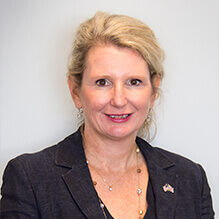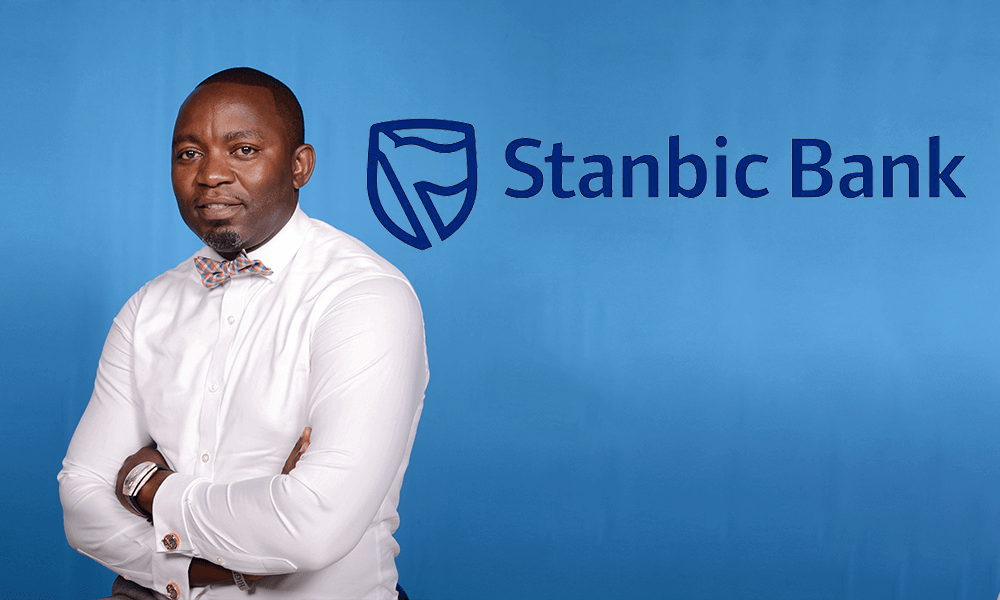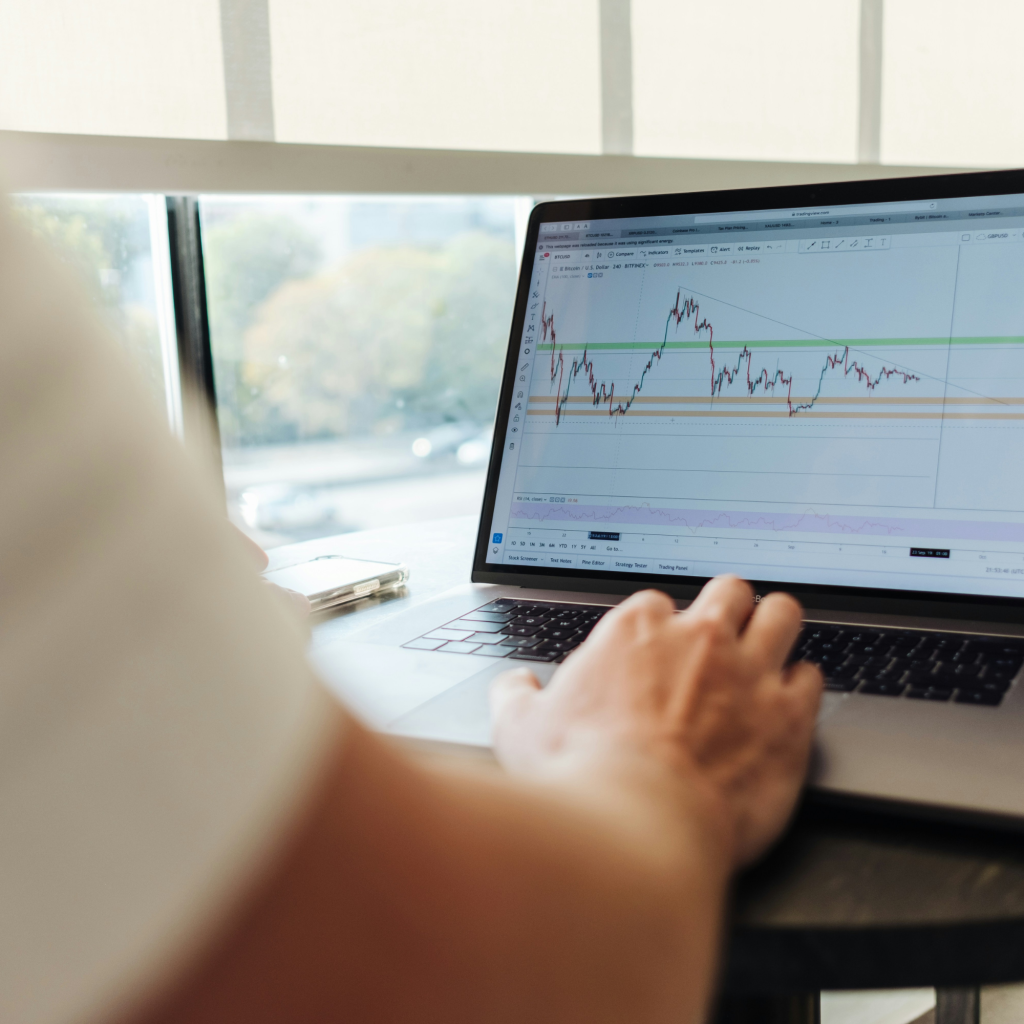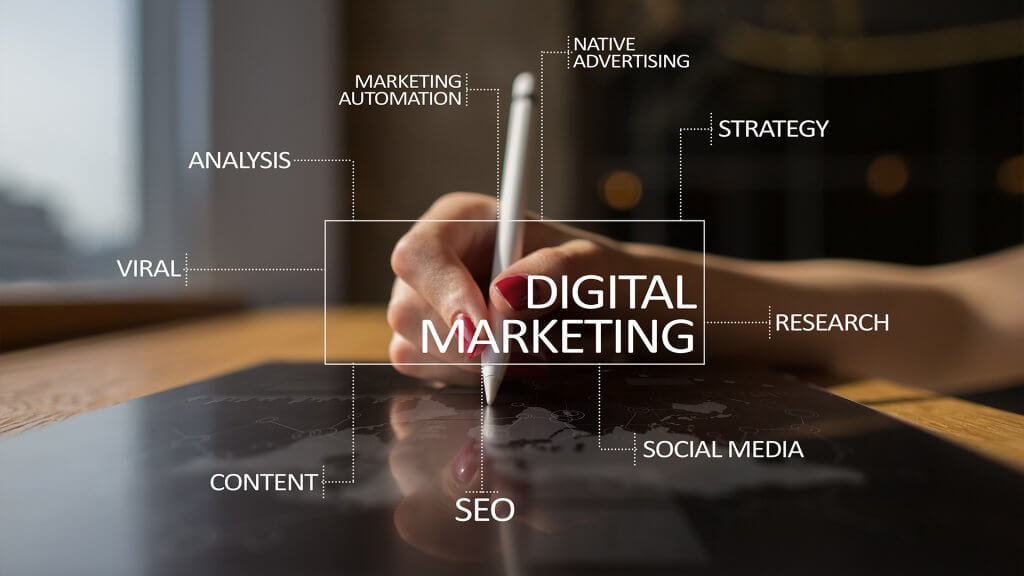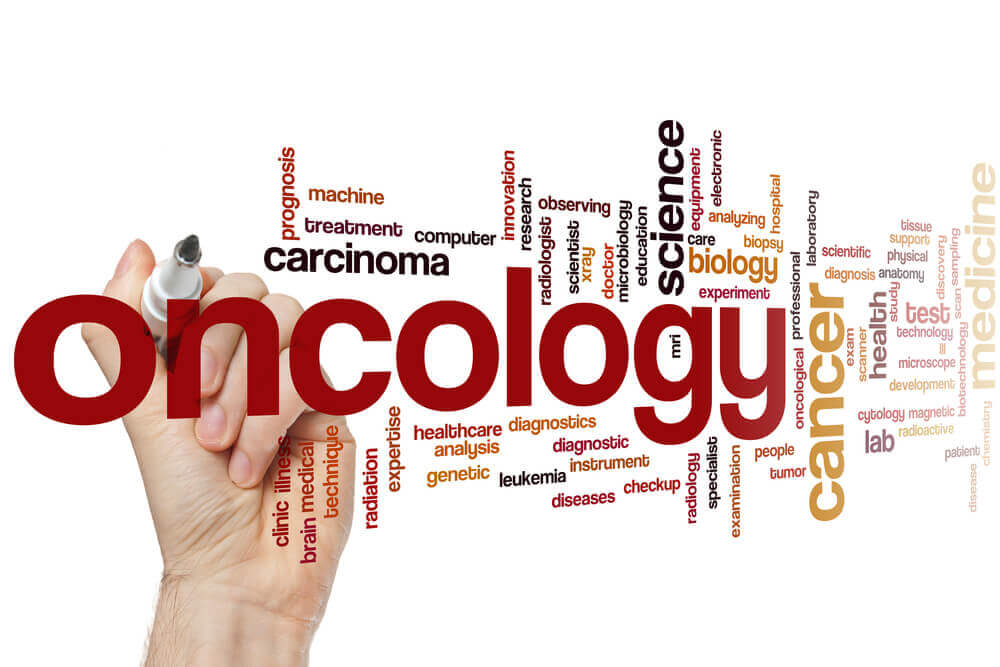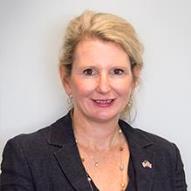
Atomic Weapons Establishment (AWE) plays a crucial role in the UK’s national defence. They have been at the forefront of the UK nuclear deterrence programme for more than 60 years. Supporting the UK’s Continuous at Sea Deterrence programme and national nuclear security is at the heart of what they do. As part of our popular Prominent Women in Business series, we interviewed Director of Capital Projects at AWE, Alison Atkinson to reveal more about her own interesting role in the company.
Alison Atkinson, Director of Capital Projects is responsible for AWE’s sizeable capital projects portfolio, focused on modernising and upgrading infrastructure and facilities. The capital projects programme is designed to provide AWE with the long-term future capability required to maintain its engineering, scientific and technical programme.
She is a civil engineer with more than 25 years’ experience in establishing, leading and managing business organisations across a range of sectors, including infrastructure, defence, nuclear and maritime, both in the UK and overseas. Alison joined AWE in 2005. She begins the interview by revealing about what AWE does, how it is perceived and the need for ongoing efficiencies in all aspects of their work.
“Atomic Weapons Establishment (AWE) is a unique national asset, which has played a central role in the defence of the United Kingdom for more than 60 years. Its primary purpose to support the UK’s nuclear deterrent programme, although the range of expertise at AWE has also been used in support of broader national security needs.
“AWE is recognised internationally as a centre of scientific, engineering and technological excellence, equipped with some of the most advanced research, design and production facilities in the world – it’s an amazing place to work!
“Effective delivery of the programme, in today’s challenging economic climate, drives the need for ongoing efficiencies in all aspects of our work. This is a fundamental principle for us, which is reflected in one of our strategic goals – to enhance value for the nation and build on the Government Owned Contractor Operated (GoCo) model to optimise the value of AWE as a national asset.”
The company has one of the largest and most complex capital projects programme in the UK defence industry. It manages an enormous number of supply chain and procurement relationships, including commissioning and contract management. Alison is keen to serve up her views on the extent to which an ever-increasing number of women are joining boardrooms in the UK every year.
“I believe there are more women joining board rooms in our area of specialism. We have always been represented in enabling and supporting functions, such as HR and health and safety, but rarely in a senior operational role. There are several factors linked to this I believe. In science and tech companies, it is difficult to retain talent and norms require positive action to enable women to undertake such roles.
“In addition, the custom of many working practices, such as evening dinners and networking events, mean that if something’s not essential many women may choose not to go. Balancing networking with home and supporting children and family is a real challenge.”
Following on from this, Alison explains her views on if many businesses today are seeing the benefit of having a more balanced workforce, plus what exactly this means for businesses, the economy and women themselves.
“Businesses today are absolutely seeing the benefit of having a more balanced workforce, because businesses are seeing real benefits. It is recognised that a balanced team drives discussion and analysis, has a broader mix of skill-sets, different points of view and there tends to be less tolerance for egos dominating the room. This allows more people to be included in the decision-making process and supports a wider perspective when it comes to thinking about risks and how to deal with them.
“In addition, I believe that better decision-making drives innovation and creativity which can only be for the benefit of the economy. In practice, this way of working gets results and drives fulfilment, whatever gender you are, that you did a good job today.”
Alison then tells us about her own role as an influential and successful woman and the niche career path she has carved out for herself.
“I am a chartered civil engineer – and I am very proud of that fact. There are not that many of us over 40 and I think that’s because the role of a civil engineer, especially if construction site based, is just too difficult to juggle.
“I chose the design route and I travelled while I was single. I moved to AWE for two reasons – I had settled down and had young children and I wanted to balance out my life, given I had spent the previous years working on projects overseas. AWE had a capital investment programme in nuclear new builds right on my doorstep, so I could continue with my career, albeit in one place. I focused on engineering management – because I’d worked out by then that I was good with people – I’d say I am demanding but very interested in what everyone is doing.
“I became involved in project work and then programme management and I just got asked to take on more and more. I never said no, even if it was a real stretch, although as I became more senior, I discussed with my husband what it could mean for us as a family. I also looked out for the next generation of STEM women leaders. I recognise that there are not many of us – and as a role model you can offer sage advice on what I found had worked for me – and things I wished I’d known at the time.”
Alison offers her concluding thoughts, including the vital role that staff play in the success of the company, plus the challenges she faces in her current role as well as the opportunities on the horizon for women in business today.
“If you look at any successful project or business, the people who work together are critical to that success. The staff at AWE and our partners in the supply chain, are essential to delivering on our commitment to the customer, the Ministry of Defence and ultimately, the people of the U.K.
“Their focus on excellence in not only what they are delivering, but how they go about it, make me immensely proud. The AWE team are great innovators; indeed, I believe that they’ve had to be for 65 years. I see my only role as moving obstacles and issues out of their way, so that they can be widely successful.”
“There are certainly plenty of challenges ahead – with the recent general election in mind for example, plus funding uncertainty given Brexit as well as maintaining the UK’s relationship with the US and France. As a company – we’ll also be looking at capacity and capability in the market place and attracting and retaining the STEM professionals – that businesses like AWE need to sustain and grow.
“I think the opportunities are there for women in business today. I would say that you need to be confident in what you are doing, be direct and know your worth. There is still an element of ‘the boys club’ in terms of the networks and unconscious bias – indeed being heard can be an issue – but I believe that things are changing and going in the right direction.”

